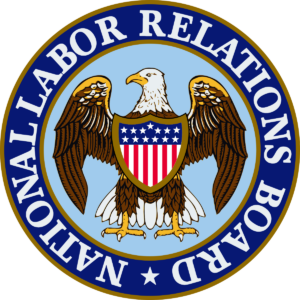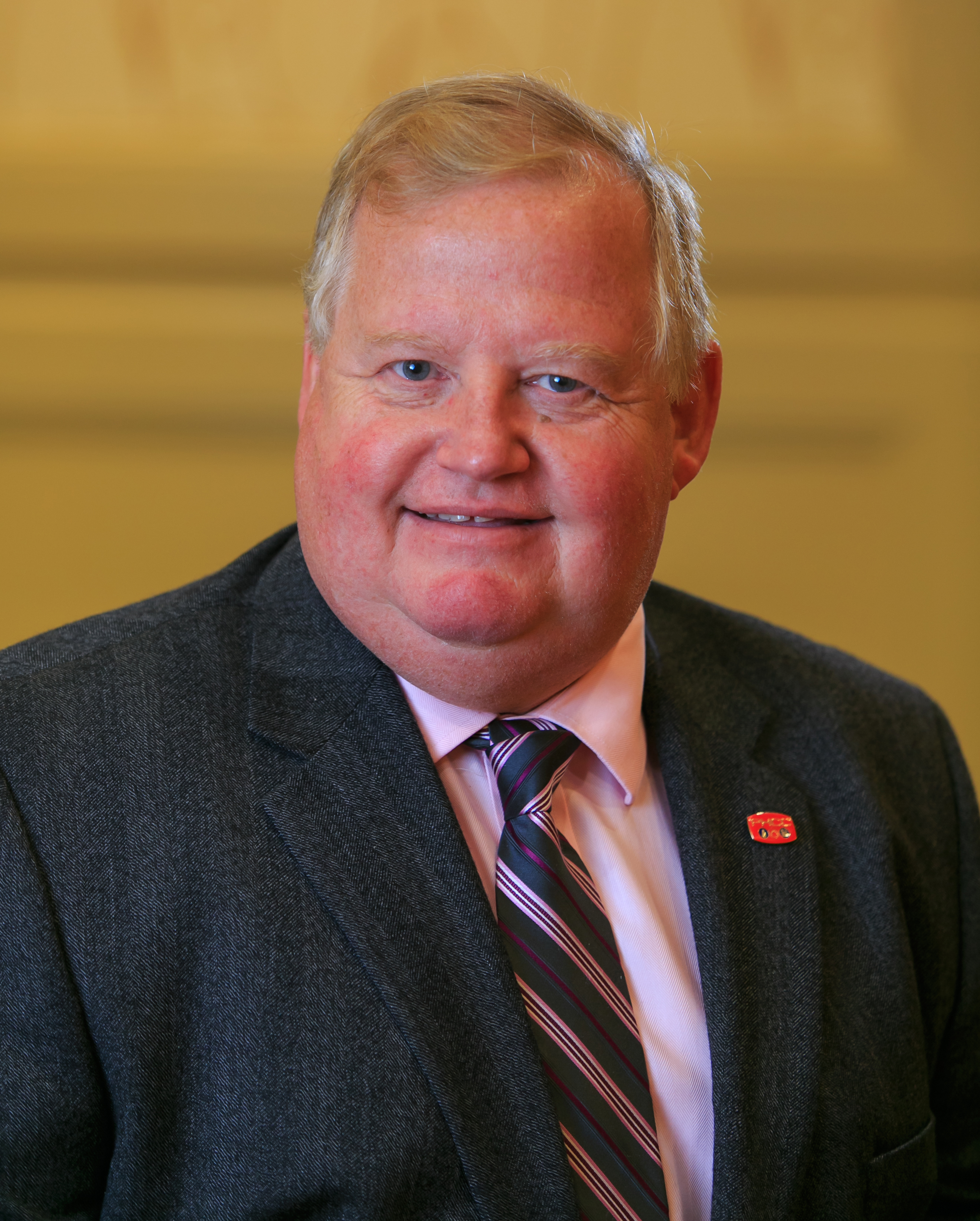
By Chuck White, Vice President of Regulatory Affairs
The General Counsel for the National Labor Relations Board (NLRB) issued a memorandum related to what constitutes a “Captive Audience” Meeting, GC 22-04. (See Memorandum) This memorandum informs regional offices that the long standing practice of allowing employers to require employees to attend mandatory meetings where employers could provide information in opposition to the union is unlawful and is contrary to Sections 7 and 8 of the National Labor Relations Act.. Note that these meetings generally have been on company time and employees have been paid to attend the meetings. The practice of mandatory employer sponsored meetings has been supported since a 1947 ruling in Babcock and Wilcox Co.
This opposition from the General Counsel was reinforced in a more recent memorandum, GC 23-04 in which the General Counsel calls into question multiple prior NLRB decisions. At this time, there is no official decision from the NLRB on Captive Audience meetings, that Board sets formal policy. The memorandum, however, directs actions to the regions such that the regional offices are following the memorandum (disallowing Captive Audience meetings) until such time as the Board might disagree.
At issue is the application of Section 7 of the National Labor Relations Act (NLRA) which allows employees to refrain from participating in communications:
Sec. 7. [§ 157.] Employees shall have the right to self-organization, to form, join, or assist labor organizations, to bargain collectively through representatives of their own choosing, and to engage in other concerted activities for the purpose of collective bargaining or other mutual aid or protection, and shall also have the right to refrain from any or all of such activities (Emphasis added) except to the extent that such right may be affected by an agreement requiring membership in a labor organization as a condition of employment as authorized in section 8(a)(3) [section 158(a)(3) of this title].
The new interpretation of language essentially says employees don’t have to hear the employer’s presentation.
That section is then compared to certain parts of Section 8:
Sec. 8. [§ 158.] (a) [Unfair labor practices by employer] It shall be an unfair labor practice for an employer–
(1) to interfere with, restrain, or coerce employees in the exercise of the rights guaranteed in section 7 (Emphasis added) [section 157 of this title];
(2) to dominate or interfere with the formation or administration of any labor organization or contribute financial or other support to it: Provided, That subject to rules and regulations made and published by the Board pursuant to section 6 [section 156 of this title], an employer shall not be prohibited from permitting employees to confer with him during working hours without loss of time or pay; (Emphasis added)
The General Counsel believes that forcing employees to a meeting is interfering, restraining, or coercing. The above new interpretations seem to be in conflict with:
(Sec. 8. [§ 158.] continued)
(c) [Expression of views without threat of reprisal or force or promise of benefit] The expressing of any views, argument, or opinion, or the dissemination thereof, whether in written, printed, graphic, or visual form, shall not constitute or be evidence of an unfair labor practice under any of the provisions of this Act [subchapter], if such expression contains no threat of reprisal or force or promise of benefit. (Emphasis added)
Historical precedent has relied on (c) provided that the employer does not threaten, force, or promise a benefit, the meeting is acceptable. The General Counsel believes this is too strong an interpretation.
This General Counsel action is not without opposition. It is known that Tennessee PHCC member Engert, LLC has filed suit against the NLRB General Counsel asserting its First Amendments rights have been infringed upon. Additionally, there are at least four other lawsuits filed against the change in interpretation. It is possible that these actions may be joined into some form of class action, but that has happened at this time.
Both sides of the issue have cited previous case law supporting their positions including prior decisions of the Supreme Court of the United States (SCOTUS). It is expected that Plaintiffs or Defendants would pursue this, including appeals, to the SCOTUS with the expectation of creating a definite settled decision of case law.

